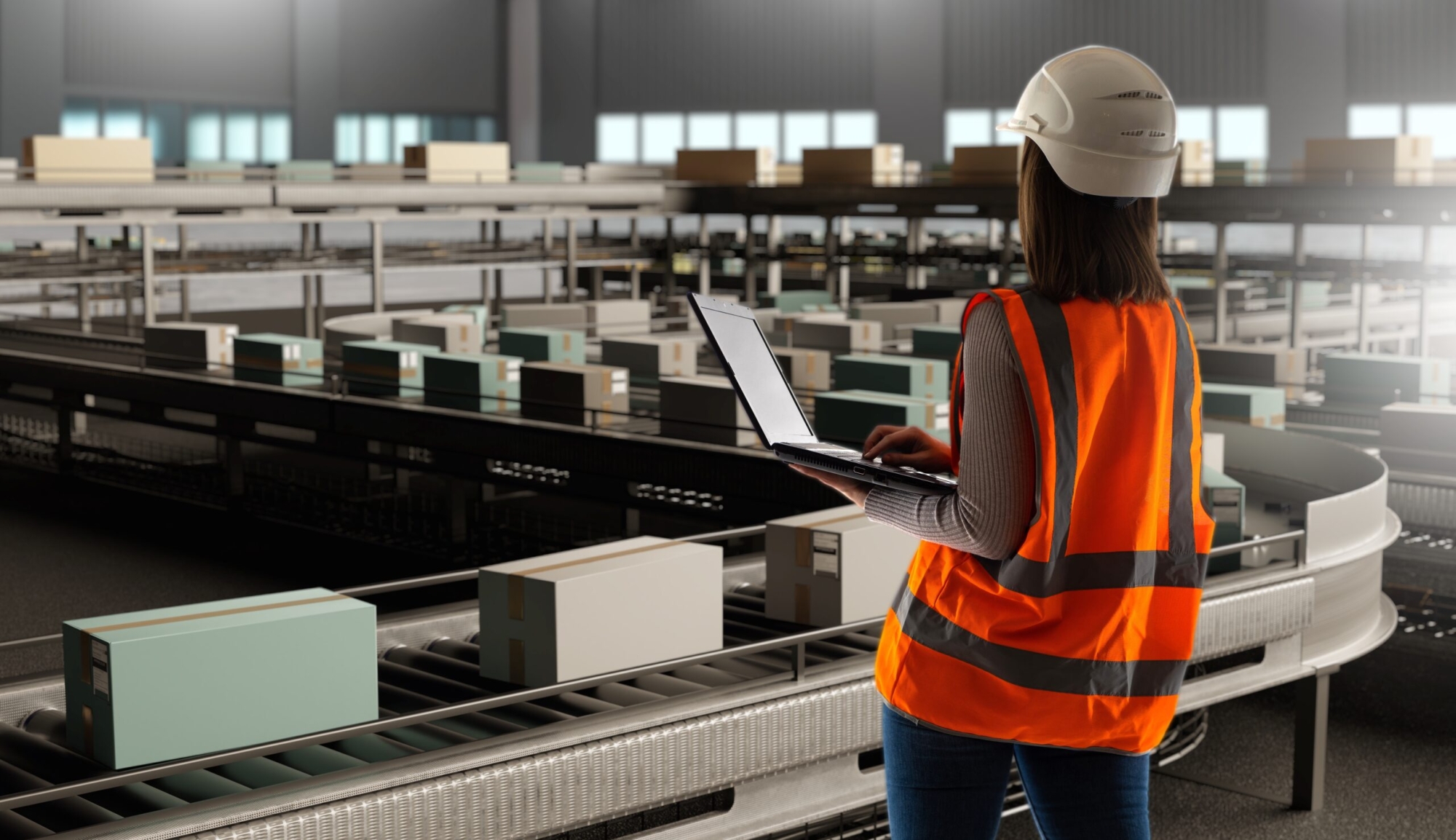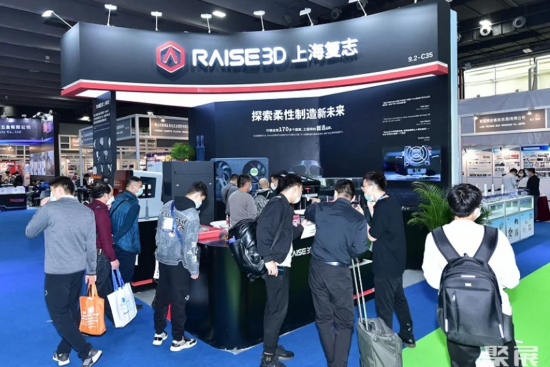
Artificial intelligence and automation are rapidly changing the way the freight and logistics industry operates, improving efficiency and financial outcomes across all operations.
Also read: Optimizing warehouse automation: Understanding key considerations
Policymakers must explore these options to stay ahead of an ever-changing industry and ongoing technological advances.
Join Co-Founder and CEO Rick LaGore as we discuss how AI and automation will impact the future of freight and logistics, and how industry leaders can prepare. InTek Freight & Logistics:
Q: With technology advancing so rapidly, where will we see AI and automation being incorporated into the freight sector?
A: The integration of AI is well underway, with its applications already evident in trucking, freight management, and warehouse automation. We are seeing the integration of AI in a variety of ways, from self-driving trucking to route planning optimization, forecasting demand, and transportation management systems.
Leveraging data, AI can be applied to freight management to improve Transportation Management System (TMS) This enables customers to improve processes and aid decision making, providing real operational advantages when using an AI-integrated TMS.
Labor shortages are a major issue for the industry, with warehousing and transportation job openings expected to reach 1.7 million this year in the U.S. By automating tedious, repetitive tasks, resources can be reallocated to improve productivity, efficiency, and safety.
Q: As discussions about self-driving trucks gain more prominence, what impact will the implementation of self-driving trucks have on the industry?
A: Fully autonomous trucking is expected to be a reality within four to seven years, according to a recent McKinsey & Company survey. We expect future vehicles to be equipped with sensors, actuators, algorithms, and machine learning systems designed to allow trucks to operate safely and respond to potential challenges on the road without human intervention.
The main benefit we foresee for self-driving trucks is to reduce delivery times and eliminate necessary breaks for humans, such as sleeping and eating. However, many regulatory hurdles must be overcome before self-driving trucks can be fully implemented on our roads. For example, Assembly Bill 316, passed last year in California, requires that a trained human be present when operating self-driving semi-trucks and full-size trucks.
Intermodal already offers many similar benefits, with the necessary development of electric and self-driving trucks. Intermodal combines multiple modes of transportation (trains and trucks) in the most efficient and environmentally friendly way. Trains used for long-distance transport are more fuel-efficient than trucks, have lower fuel costs when transporting large quantities of freight, are less susceptible to traffic congestion, and are cost-effective, reliable, and emit fewer carbon emissions.
Q: What impact might train automation have on the industry?
A: We’re already seeing automation being used in transportation around the world. Japan, for example, is on the verge of using fully driverless trains as JR East plans to launch self-driving bullet trains by 2028.
However, it is unlikely that we will see fully autonomous freight trains. Freight trains are high risk, which means that drivers are still needed on board. This includes the regular carriage of hazardous goods. Instead, we are likely to see automation of individual containers. As a result, train automation technology will improve product safety and overall efficiency during the unloading process.
We may soon see further development and AI infrastructure in intermodal rail yards. Recent automation of truck gates has been shown to increase terminal productivity, improve data quality and safety – removing people from the lanes.
Q: What impact might robotics and warehouse automation have on the industry?
A: Warehouse automation and robotics integration are well underway. We know that warehouse automation is growing by more than 10% per year, and robotics shipments are expected to grow by 50% per year through 2030.
In warehouse environments, technological advancements offer numerous benefits to operators and leaders. Robotic arms provide physical assistance in completing picking and packing tasks, thereby reducing the potential for human error, improving worker safety, and addressing the labor shortage currently faced. On the other hand, AI can provide strategic support in the form of inventory management, using predictive algorithms to effectively manage stock levels. These additional inventory data points are extremely valuable to logistics professionals, and AI-integrated location tracking and alerts can improve shipping predictability and reduce the risk of inventory damage and theft.
Q: How can AI help respond to unpredictable disruptions like the Red Sea attack?
A: For freight and logistics leaders, dealing with disasters and complex logistical obstacles is no easy task. The recent Red Sea attacks had a significant impact on the shipping industry, with transit times and shipping costs rising rapidly as routes that were regularly used by 15% of global shipping traffic before the crisis were severely disrupted for a long time.
As we approach peak shipping season and freight rates rise to meet higher demand for freight capacity, we are actively reviewing the role AI can play in supporting disruption management and support. Currently, AI demand forecasting allows companies to adjust shipments until conditions such as the Red Sea attack improve. In addition, AI can analyze the market to identify opportunities to shift patterns amid unprecedented problems and provide solutions based on how the market has previously responded to similar issues.
We’re proud to continually find ways to leverage AI to address unforeseen disruptions and look forward to future developments that enhance this work and create a more efficient and secure environment for businesses around the world.
Q: What impact do you think AI and automation might have on industry employment?
A: Many sectors within the logistics industry are facing a labor shortage as we still do not have enough people with the right skills to fill the required jobs.
While it’s natural to worry about the impact of AI and automation on people’s jobs, we must focus on how these new technologies can help us do our jobs better and complement our work rather than replace human roles.
As Bart De Muynck recently explained On our podcastthe younger generation entering the workforce has grown up surrounded by technology and is therefore familiar with using and relying on different modern technologies in different aspects of family life and work.
Companies that refuse to use the latest technology are likely to fall behind their competitors, especially as technological advancements continue at a rapid pace. We strongly encourage logistics leaders and decision-makers to explore the technologies at their disposal and understand how AI and automation can meet their business needs to improve operations.
Q: Do you plan to increase investment in artificial intelligence and automation in the future?
A: At InTek Freight & Logistics, we are actively exploring new opportunities brought about by artificial intelligence and automation to streamline our operations and improve the service we provide to our customers. Our current key focus areas for automation are business operations, quoting, analytics and reporting.
By automating repetitive tasks and back-office operations, our front-line operations managers can further invest their time in proactive, value-added customer interface work.
We now offer instant spot prices as automated online quotes allow us to instantly extract costs and assess prices based on the current market. Likewise, our analytics and reporting services are highly advanced, instantly deriving competitive market data and trends based on our pricing and business trends.
source: https://www.intekfreight- Logistics.com/











Leave a Reply Cancel reply
You must be logged in to post a comment.